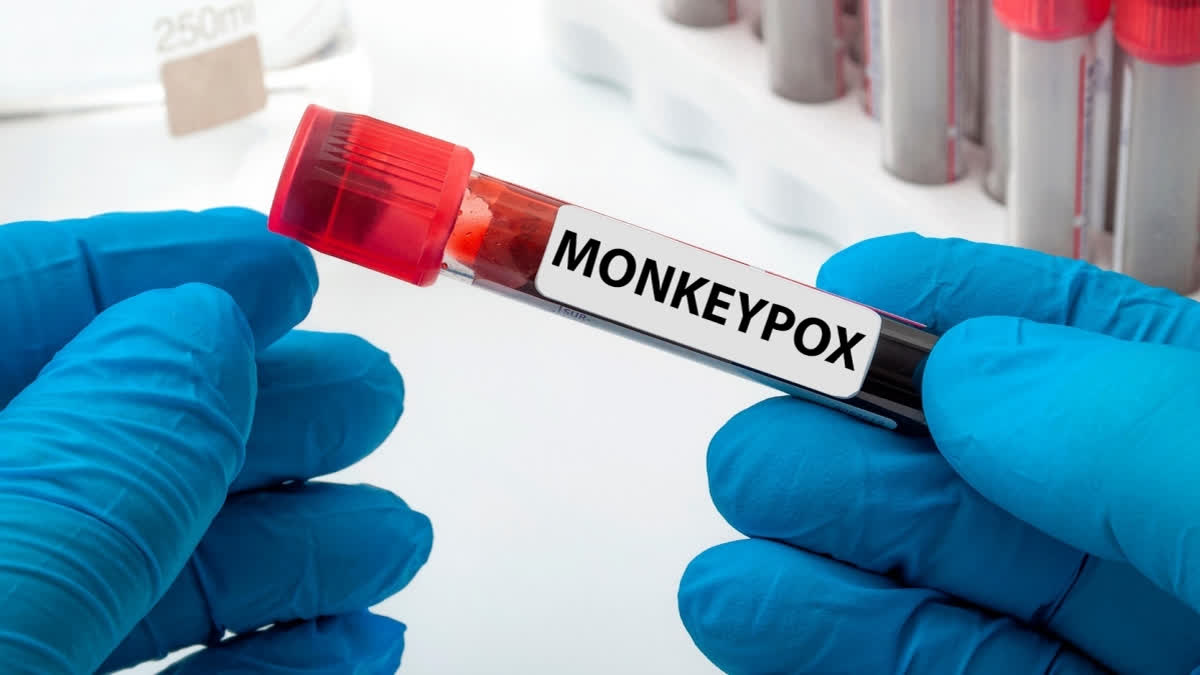New York: US researchers have developed a first-ever rapid test for mpox, more commonly known as monkeypox, that uses nanoparticles to detect the highly infectious disease within minutes. Current tests require healthcare providers to swab lesions and send the samples to labs to be tested, which can take several days.
But the novel selective molecular sensor, developed by the team from Pennsylvania State University (Penn State) can detect the virus within minutes, without the use of any high-end instrumental techniques like polymerase chain reaction (PCR). The technique, reported in the journal Advanced Functional Materials, uses nanomaterials heterostructures - zero-dimensional spherical gold nanoparticles and two-dimensional hafnium disulfide nanoplatelets - as building blocks to create a platform technology suitable for detecting trace amounts of genetic materials in biological samples.
"This is a major breakthrough in terms of how we manage the virus, as it is the first rapid test for mpox," said Dipanjan Pan, Professor in Nanomedicine at Penn State. "We were interested in developing a sensitive detection method for pathogens generally, and also wanted to apply the concept to an emerging pathogen like mpox, because there is a real-world urgency for this rapid nucleic acid test. There will be a significant impact on public health as a result of this technology," Pan said.
Also read:Pediatric TB found to affect lung function, growth post-recovery
